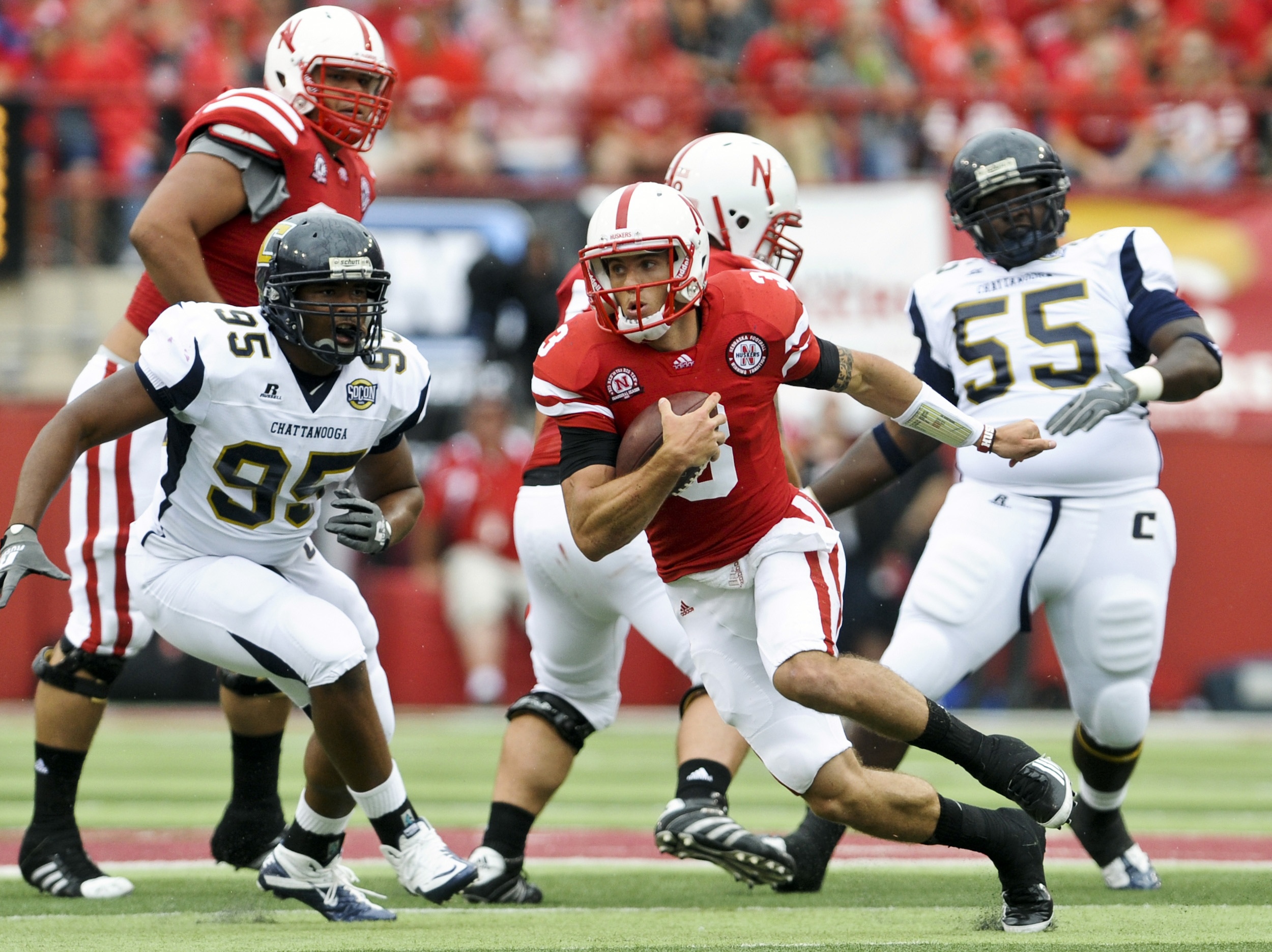Wisconsin athletic director Barry Alvarez got the attention of a lot of people in college football Tuesday, when he said during a radio interview that Big Ten schools no longer will be scheduling games against Football Championship Subdivision teams.
"The nonconference schedule in our league is ridiculous," Alvarez said on WIBA-AM in Madison, Wis., according to multiple online reports. "It's not very appealing. ... So we've made an agreement that our future games will all be [Football Bowl Subdivision] schools. It will not be FCS schools."
Most FCS schools, including the University of Tennessee at Chattanooga, rely on annual games against FBS teams -- and the six-figure checks they receive -- to pay a lot of athletic department bills. So Alvarez's comments weren't taken lightly.
The Big Ten hasn't made anything official yet, but commissioner Jim Delany told ESPN.com this week that it "doesn't make any sense" for Big Ten teams to play FCS teams, which are allotted 63 scholarships, 22 fewer than the FBS maximum.
While FCS teams do occasionally pull off an upset -- notably Appalachian State winning at Michigan in 2007 and James Madison winning at Virginia Tech in 2010 -- the games typically tuneups for the FBS teams and paydays for the FCS teams.
UTC senior associate athletic director Matt Pope, who oversees the athletic department's fiscal operations and handles football scheduling, said the Mocs have FBS games scheduled through 2015, so he's not "overly concerned" at the moment.
"But at the same time," he said, "knowing that the Big Ten's going to stop doing things makes me wonder if other power conferences will follow suit."
The Mocs received $435,000 for going to South Florida last season and will get $450,000 this fall for their Nov. 23 game at BCS national champion Alabama.
UTC has a game at Tennessee scheduled for 2014 and will play Florida State in 2015. Those two games will bring in a combined $1 million to an athletic department with an annual operating budget usually around $12 million.
Southern Conference schools such as UTC don't often play Big Ten teams, though the Mocs were the first team Nebraska played after moving to the Big Ten in 2011. If only the Big Ten stops scheduling FCS teams, the effect on the FCS will be relatively minor.
Should the Southeastern Conference opt to nix any future games with FCS teams, a lot of athletic departments will take a serious financial hit. On Nov. 17 of last season, there were four SoCon vs. SEC matchups, and three other games featuring the SEC and FCS opponents.
Georgia athletic director Greg McGarity, whose Bulldogs hosted Georgia Southern in 2012 and play Appalachian State in '13, said he doesn't foresee the SEC eliminating FCS opponents any time soon.
McGarity said the SEC athletic directors are meeting next week in Birmingham to discuss scheduling, "and whether that will be something that is recommended by the SEC, I seriously doubt it."
The Mocs typically play some of the best FBS teams in the country. They played eventual national champion Alabama in 2009 and eventual national champion Auburn in 2010. Those games pay well, which helps UTC's bottom line, but they also help in recruiting.
"When you go out recruiting a kid, telling him we're going to play Alabama or Tennessee or Auburn, whatever it is, I think that's important in the recruiting process," UTC coach Russ Huesman said. "I think for the players on our team, it's something that's unique and gets them excited."
Pope said he's already in talks with some SEC schools about scheduling future games, starting in 2016. At least from UTC's end, he said, there's now at least a small sense of urgency to move those talks forward and get contracts signed.

